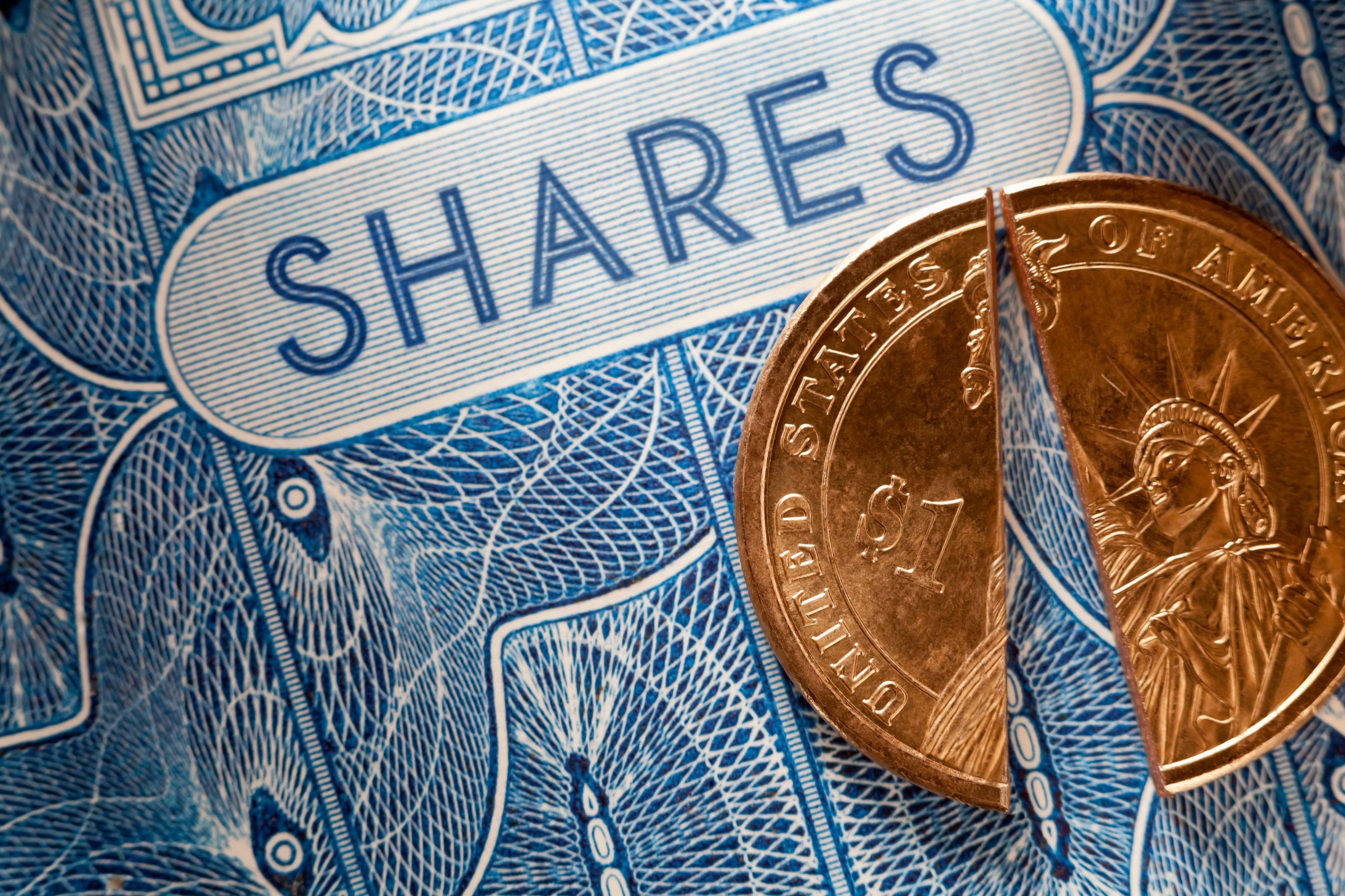Forget the Super Bowl. The most intriguing event held in the New York City area this past weekend was at the Hammerstein Ballroom Friday night.
It was Howard Stern's 60th anniversary party, and it was an epic event that demonstrates with no uncertainty what a gem Sirius XM (SIRI +0.00%) has in the now-sexagenarian shock jock.
Consider what went down as the night unfolded. There were musical acts that topped those at any Grammy Awards show. Adam Levine performed a cover of Prince's "Purple Rain." John Fogerty performed "Fortunate Son." Steven Tyler, Slash, and Dave Grohl got together for a rendition of "Walk This Way." There was a half-hour, live, sit-down interview with the reclusive David Letterman, who never agrees to be interviewed by anyone. Paul McCartney sang "Happy Birthday."
All that created a buzz. Writers ranging from The Big Picture's Barry Ritholtz to Fox Sports' Jimmy Traina were penning reviews of the show. Stern ranked third on Google trends Friday. That might not seem all that impressive until you consider that his show appears only on a subscriber service. It's not broadcast to the world -- only those 25 million willing to ante up the monthly subscription rate.
Be original
The buzz, no doubt, is good news for Sirius XM. But the takeaway here is that high-quality, original entertainment like Stern is invaluable for subscription services like Sirius XM to survive. It's all that will separate it from Internet music services like Pandora (P +0.00%) and Spotify. And it's what will help online video services like Netflix (NFLX 2.95%), as well as Amazon's (AMZN 1.87%) Prime, to set themselves apart from anything else out there.
It's more than a monthly fee
Sirius has had great success in growing its subscribers. It added 1.66 million in 2013, more than anticipated. And it's continued that growth despite price hikes.
That's led some to call for Pandora to push a subscription service. The argument is that Pandora generates just $8 per active user per year through its advertising model, while Sirius XM generates $155 in annual revenue per subscriber.
While those numbers seem to argue for a subscriber-based model for Pandora and other Internet music services, they ignore the impact of the satellite radio company's original programming. Sirius' path to growth came on the back of Stern and other original programming, whether that was "Bubba the Love Sponge," Scottt Ferrall's sports talk show, or B.B. King's weekly blues program. Sirius management knows it works, or it wouldn't have re-inked Stern or grabbed Chris "Mad Dog" Russo from terrestrial radio in 2008.
Survey says: They don't care
A recently released survey seems to contradict this. The survey released by Macquarie Equities Research in late January would have us believe that few Sirius subscribers care about Stern. Only 5% of those surveyed said they would cancel the service if Stern did not return after this contract ends. What's more, just 12% said they listen to Stern regularly.
Two things to keep in mind here. First, the company surveyed only 800 subscribers, or just about .003% of listeners, and it isn't clear from media reports what methodology was used to arrive at the results. Second, the numbers fail to address how many listeners were drawn into the Sirius service by Stern, and now enjoy it so much that they'd stay even if he left.
The true importance of Stern to Sirius XM programming is a concern moving forward for Sirius XM and suitor Liberty Media, or any other company that's considering making a bid for the satellite radio company. It's also an issue of great relevance to subscription services on the video end, like Netflix and Amazon. And they seem to have begun to figure out the same thing Sirius did back in 2005.
Netflix now has several original series, including House of Cards. It's led some to question if the company is spending too much money developing original programming.
Amazon, meanwhile, is busy developing its own original series. It's making those series available free to Prime subscribers, which could be a great incentive to join the service, if the shows are intriguing.
The Foolish bottom line
Sirius XM will be weighing not only an offer from Liberty Media to buy the business, but also the value of keeping Howard Stern around for a few more years. As the birthday party showed, Stern is a giant in the entertainment industry, and even at age 60, maintains a strong appeal across generations.
Even if they stay for other reasons, Stern draws in subscribers. That's the value of high-quality original programming for subscription services. It's something Sirius XM has, Pandora doesn't, and Netflix and Amazon are working diligently to develop.








